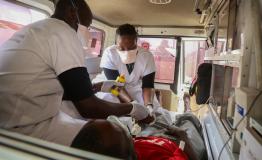
Access to Healthcare
"How can you stay in a country for three decades but not know where you belong?"
Stories from the Frontline
18 Jun 2020
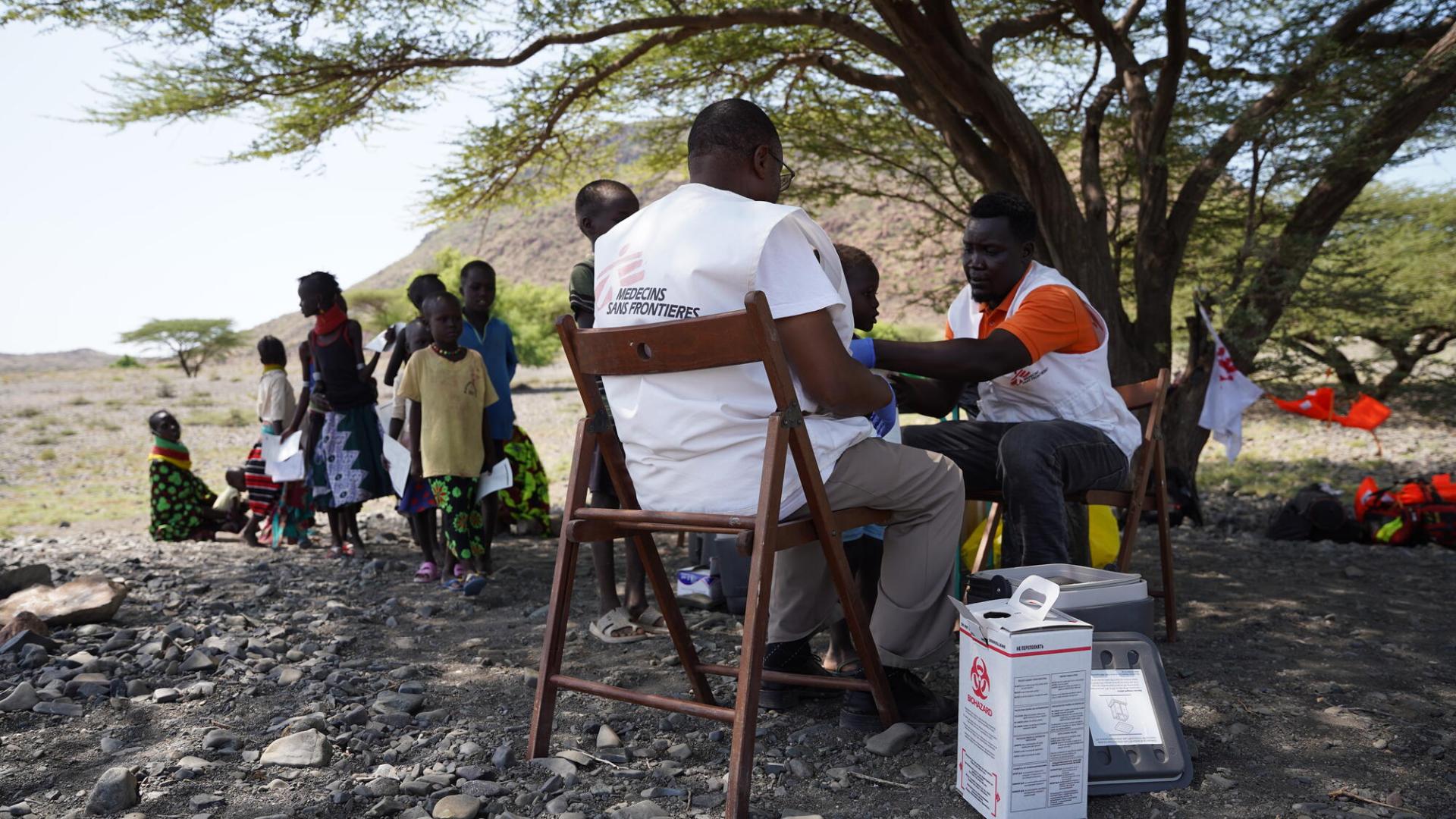

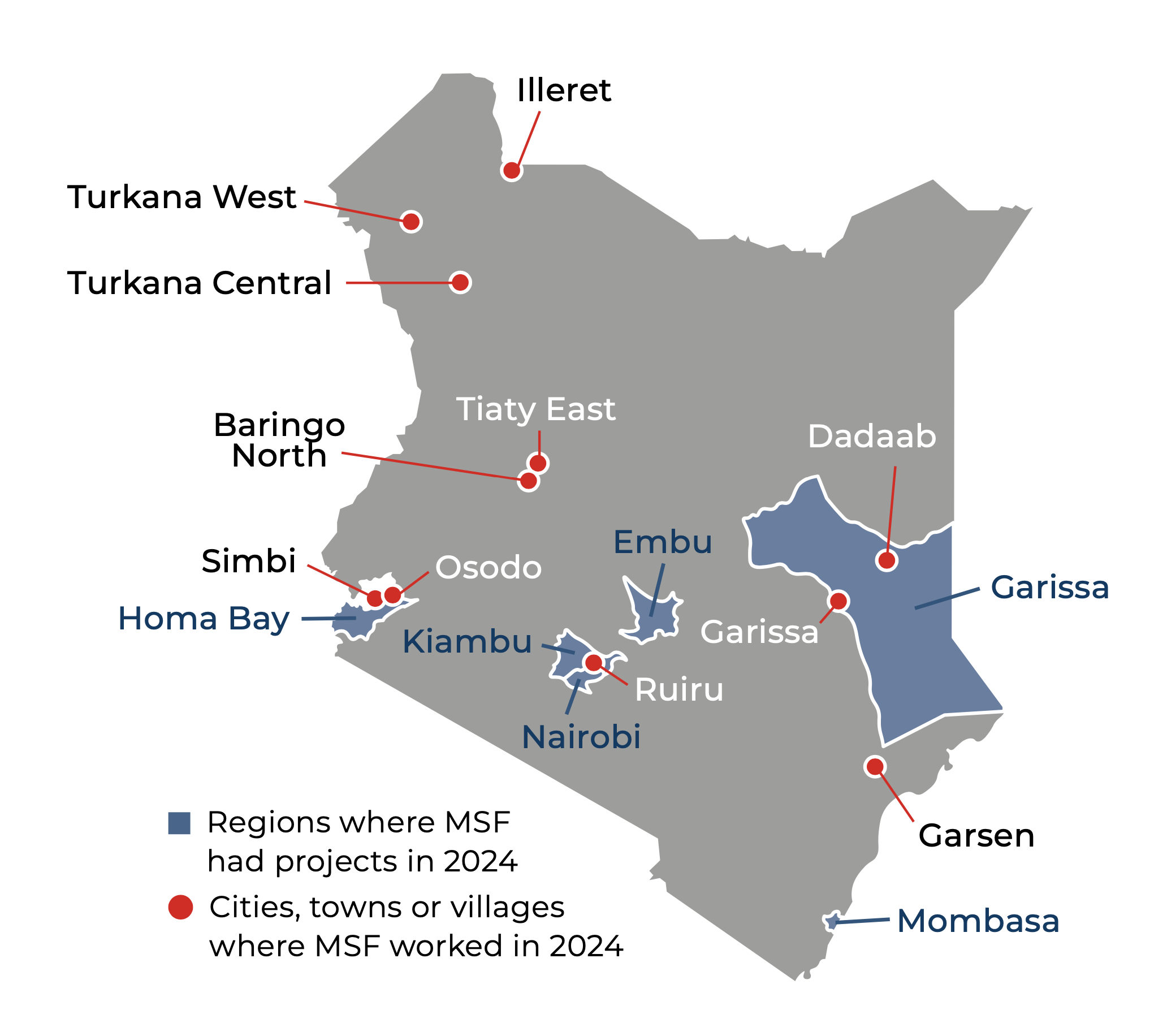
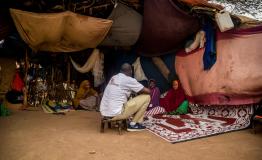

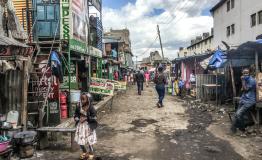
![2014: A man walks past a small, tin-roof shop in the Kibera slum, near Kibera South Health Centre, [Phil Moore] 2014: A man walks past a small, tin-roof shop in the Kibera slum, near Kibera South Health Centre](/sites/default/files/styles/card_half/public/msfimages/news/msb8590_medium.jpg?itok=TNhZ4jEd)
